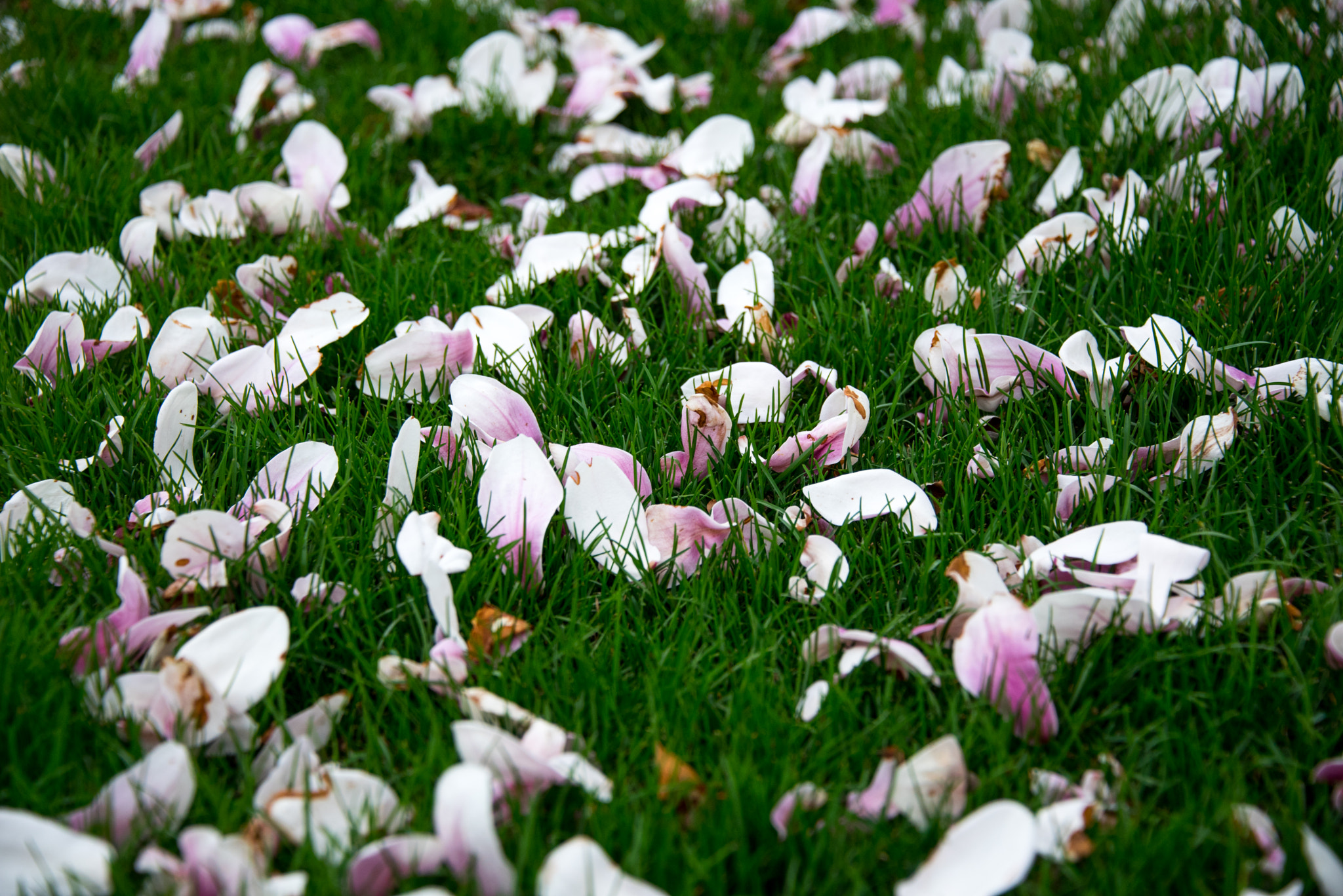2. Boosted mood and productivity: Research has shown that spending time around plants can have a positive effect on mental health and well-being. Tropical houseplants, with their bright colors and lush foliage, can help to reduce stress, increase focus, and promote a sense of calm and relaxation.
Furthermore, tropical houseplants can enhance productivity and concentration in indoor environments. Research has demonstrated that the presence of plants in workspaces can improve focus, creativity, and cognitive function, leading to increased productivity and efficiency. By creating a more inviting and naturalistic atmosphere, tropical houseplants can help individuals feel more connected to their surroundings and motivated to work.

Peatlands absorb and store large amounts of carbon dioxide, which is incredibly useful in tackling climate change. The government aimed to ban the use of peat in compost by 2024 – although that has been extended until 2030.
Studies have shown that the presence of houseplants can have a positive impact on mental health and well-being. Being surrounded by greenery has been linked to reduced stress levels, increased feelings of calmness and relaxation, and improved overall mood. Houseplants can also help to create a sense of connection to nature, which is especially important for city dwellers who may not have access to green spaces.

The first step in creating a 3D garden design is to conduct a site survey and take accurate measurements of the outdoor space. This information will form the foundation of the design, helping to ensure that the layout is appropriate for the size and shape of the garden. By using tools such as laser levels and GPS devices, designers can capture precise data that can be imported into 3D modelling software.
When selecting tropical houseplants for your home, it is essential to consider factors such as light levels, humidity, and temperature. Most tropical plants thrive in bright, indirect sunlight and require regular watering to keep their soil moist but not waterlogged. Humidity-loving plants like ferns and orchids may benefit from misting or a humidifier to create the ideal growing conditions. It is also important to avoid exposing tropical houseplants to drafts, cold temperatures, or sudden changes in environment, as this can stress the plants and lead to health problems.
Having houseplants in offices and homes is the ideal way of beautifying your environment and embracing nature. However, there are many considerations you will have to bear in mind when opting for house plants. Be it flowers, vegetables, shrubs or trees, you need to take care of them properly. There is a high level of maintenance to preserve these house plants within the house or office environment. The biggest challenge is the watering of the plants within the house. Usually, indoor plants struggle to growly healthily in the absence of proper watering conditions. Therefore, experts and enthusiasts alike explored the option to facilitate indoor plants and flowers growing vigorously by using the Hydroponic solution of water crystals.
In addition to improving air quality, houseplants can also offer a number of health benefits. Studies have shown that indoor plants can help to reduce the incidence of colds, sore throats, and other respiratory ailments by increasing humidity levels and removing airborne pathogens.
One of the key benefits of tropical houseplants is their ability to purify the air. In today’s increasingly polluted world, indoor air quality is a growing concern for many people. Tropical houseplants, however, act as natural air purifiers by absorbing toxins and emitting oxygen, creating a healthier living environment for inhabitants. Plants such as peace lilies, spider plants, and snake plants are particularly effective at removing common indoor pollutants like formaldehyde, benzene, and trichloroethylene.
Lighting and planting play a crucial role in the overall aesthetics and functionality of a garden. In a 3D garden design, designers can simulate different lighting conditions and plant placements to optimise the visual appeal and practicality of the outdoor space. By adjusting the position of lights and plants in the 3D model, homeowners can ensure that their garden is bright, welcoming, and easy to maintain.